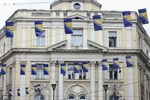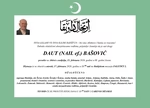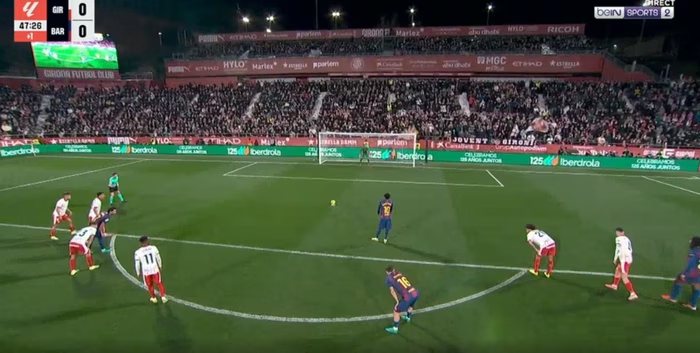Bosnia’s Constitutional Court suspends Republika Srpska’s Flag and Emblem Law

The Constitutional Court of Bosnia and Herzegovina has ruled in favour of a request by BiH Presidency member Denis Becirovic to impose a temporary measure suspending the implementation of the recently enacted Law on Amendments to the Law on the Use of the Flag, Coat of Arms, and Anthem of Republika Srpska. The law, which came into force on 1 February 2025, is now temporarily invalid pending a final court decision.
In its reasoning, the Constitutional Court highlighted that the contested law allows foreign flags, coats of arms, and anthems to be displayed alongside those of Republika Srpska (RS) in public institutions. This, the court noted, implies that authorities in RS could take steps to display foreign symbols in official institutions and even incorporate them into official seals and stamps used by public authorities.
The Court emphasised that laws governing the use of symbols are of paramount importance as they represent sovereignty, identity, and the constitutional order of a state. Allowing foreign symbols to be officially recognised in RS institutions, the Court argued, could create a legal framework that undermines Bosnia and Herzegovina’s sovereignty and territorial integrity, potentially causing long-term consequences for the constitutional order.
Furthermore, the Court pointed out that displaying foreign symbols alongside RS symbols—whether or not the symbols of Bosnia and Herzegovina are included—could give a false impression that Bosnia and Herzegovina lacks sovereignty, territorial integrity, and political independence. The ruling referenced the preamble of the BiH Constitution, which affirms the country's commitment to sovereignty, territorial integrity, and political independence in accordance with international law.
The Court deemed that there were valid concerns that the law could destabilise the constitutional order and political stability of BiH. The potential for "irreparable harm" was considered sufficient grounds for granting a temporary measure suspending the law.
The decision also warned that implementing the contested law could be perceived as an act of parallel foreign policy, leading to negative consequences in international relations. The Court stressed that, given Bosnia and Herzegovina’s historical context, the issue of foreign symbols within RS institutions is highly sensitive and could fuel political tensions, worsening relations between RS authorities and state institutions.
Finally, the Court noted that should the law ultimately be ruled unconstitutional, its implementation would necessitate the removal of foreign symbols from RS public institutions and official documents, raising concerns over legal certainty and the validity of such documents. Temporarily suspending the law, the court concluded, would prevent greater damage than reversing its consequences later.
Denis Becirovic, who originally filed the constitutional review request, has described the law as unconstitutional and in violation of the Dayton Peace Agreement, arguing that it directly undermines BiH’s sovereignty and territorial integrity. He further pointed out that the law stems from resolutions adopted at the so-called "All-Serb Assembly," which, he claims, further erodes the foundations of the Dayton Agreement.
The Constitutional Court previously struck down a similar law in Republika Srpska in 2006, with Becirovic warning that any attempt to reintroduce such measures represents a serious challenge to the rule of law in Bosnia and Herzegovina.
Kakvo je tvoje mišljenje o ovome?
Učestvuj u diskusiji ili pročitaj komentare





 Srbija
Srbija
 Hrvatska
Hrvatska
 Slovenija
Slovenija



























































